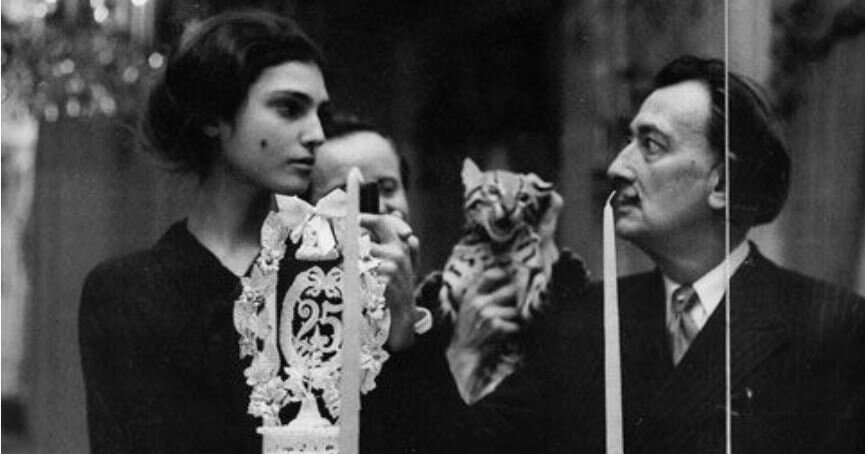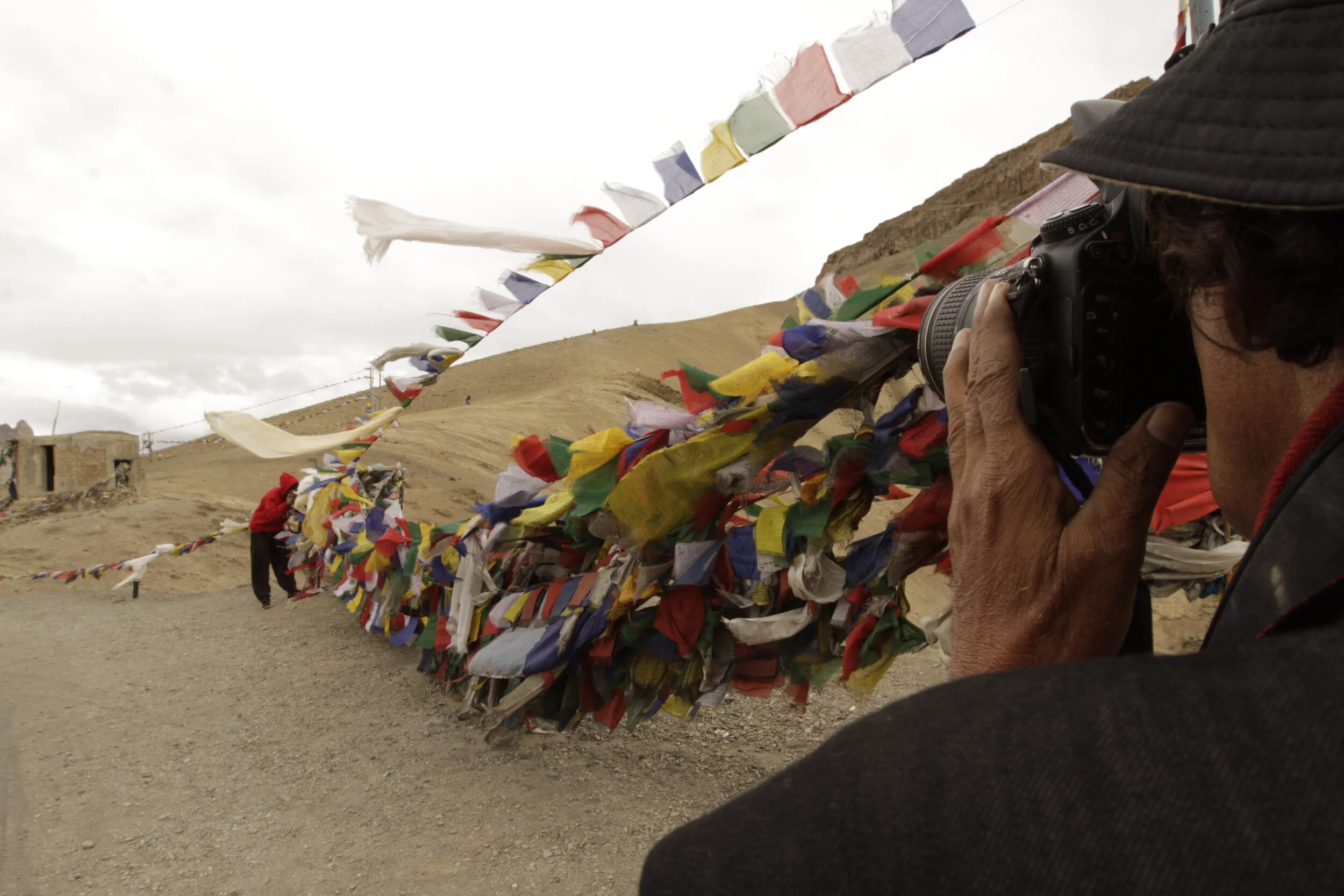The Disappearance of My Mother
Beniamino Barrese’s debut documentary, screened at the Göteborg Film Festival in 2020, is a portrait of his mother Benedetta Barzini. The film dives into the world of fashion, activism and academia while asking deep questions about life and the power of images in a gracious, intimate, and sometimes polemical way.
The Disappearance of My Mother is a testament to a determined woman whose essence and ‘real face’ no camera could ever truly capture. Gently manoeuvring between private and public spheres, the film explores the several roles Benedetta Barzini has taken on over the years: fashion model, feminist, activist, Marxist, university professor, and mother.
Travelling through space and time, the individual pixels come together and attempt to form an image. Those inform about Barzini’s successful modelling career that began in the 1960s, her time spent with Andy Warhol and others in New York, and her activism permeating her life back in her native Italy. Not surprisingly, her views shared also on television as a panellist often meant confrontation as well as prompted condescending and derogatory remarks from others – usually from men.
As a professor of Fashion and Anthropology at the Polytechnic Institute of Milan, Barzini has been deploying her knowledge to teach young generations – to think critically about fashion and images among other things. Although nowadays she prefers to stay out of the spotlight, she occasionally walks the runway, appears in magazines or attends some high-profile events. Meanwhile, she never stops being a mother.
In the documentary, archival and contemporary materials delicately take turns to present a range of impressions and emotions. Slowly, the continuous play between past and present fade away, and all noises and sounds inherent to urban spaces and homes say goodbye. Serenity arrives at last. The broad world with hundreds of eyes watching transforms into a wide, open field where the air is filled with the blossoming feeling of solitude – with the camera still rolling.
Barzini wishes to disappear, as she explains to her son, but the lights never dim out. Is it even achievable, though? Considering the fact that she is being filmed, the wealth of photos and videos of her, and the memories so many people around the globe treasure of her, it seems rather impossible.
More often than not, the person with the camera holds the most power – in an attempt – to frame a reality. Here going beyond the idea of simply offering a glimpse into Barzini’s everyday life and glamorous past, the very act of documenting and capturing reality is addressed relentlessly, either visually or verbally. Discussions centred on the construction of images often leads to intense arguments and vulnerable moments between mother and son. Those sometimes end with her issuing a command, practising a moment of power, that the camera should be turned off.
As much as the director focuses on his mother, letting her vulnerability be seen and experienced, he dares to invite others to laugh and smile at his clumsiness and enthusiastic attitude filmed also for eternity. He, by no means, leaves out scenes showing the genuine playfulness of his mother’s personality either, yet he builds a type of contrast and draws parallels with his mother and her rebellious life. His very presence complements the images, flickering seriousness, rebellion, and determination.
In terms of traditions, The Disappearance of My Mother belongs to films where the filmmaker decides to embark on a journey to unfold the dynamics or personal matters within their own families. Barrese’s position is clear from the start, even though his role – similar to his mother’s – changes in situations. He stays on track to build bridges between the public and the private sphere to unravel and exhibit the various layers of identities and to reflect on the practices of documentary filmmaking, image-making, and producing realities in general.
The documentary was selected for the dok.incubator documentary workshop, which usually guarantees a special and unforgettable film experience. The Disappearance of My Mother undoubtedly proves that.



